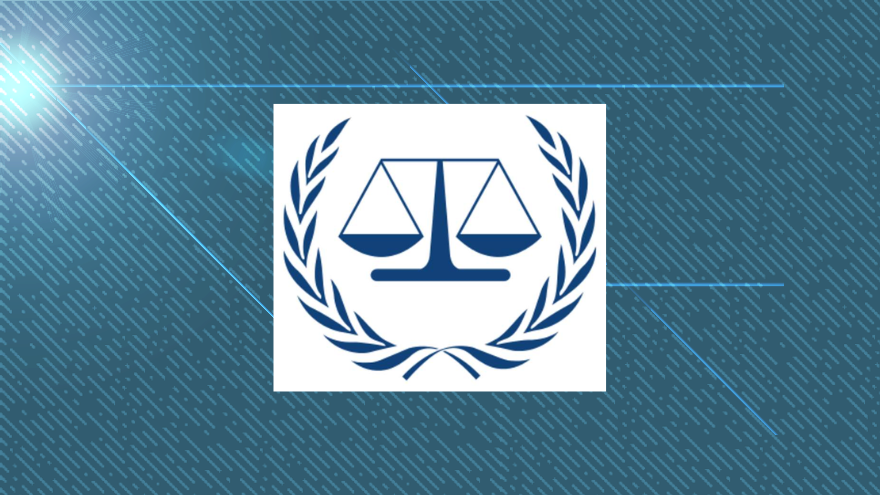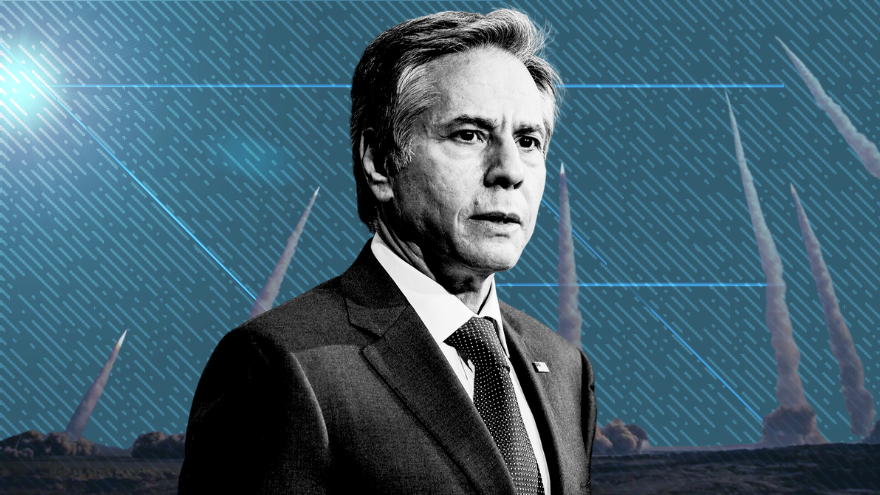The memo was likely directed toward United States and Israeli officials, who have publicly suggested they may take retaliatory action should the ICC follow through with arrest warrants for Israeli Prime Minister Benjamin Netanyahu, Defense Minister Yoav Gallant and Israel Defense Forces chief of staff Herzi Halevi. Israeli officials have expressed concern over hints that the ICC is preparing to issue warrants for their country’s top officials over their handling of the war in Gaza. Arrest warrants are also being considered for leaders of Hamas for the deadly attack against Israel on Oct. 7 last year. If the court decides to proceed, Israeli officials could be formally charged with crimes for intentionally starving Palestinians, preventing the delivery of humanitarian aid to the Gaza Strip, and delivering “an excessively harsh response” to last fall’s attack, unnamed officials told The New York Times. The ICC has been investigating Israeli and Hamas officials not only for acts committed over the past six months, but for potential war crimes committed dating back to the 2014 Israel-Hamas war. On April 28, Netanyahu asked President Joe Biden to intervene and prevent the ICC from issuing arrest warrants for senior Israeli officials. Netanyahu is said to be “under unusual stress” over the possibility of an arrest warrant against him, which would severely degrade Israel’s international status, according to the Times of Israel. The embattled prime minister, who is wading through his own corruption trial in domestic courts, is reportedly leading a “nonstop push over the telephone” to prevent a warrant. Biden declined to comment on his call with Netanyahu regarding a potential warrant, but said “the ICC has no jurisdiction in this situation and we do not support its investigation,” Axios reported. Congressional officials have threatened to sanction the ICC should it proceed with arrest warrants against any U.S. or Israeli officials. The ICC’s Office of the Prosecutor said in its statement it “seeks to engage constructively with all stakeholders whenever such dialogue is consistent with its mandate under the Rome Statute to act independently and impartially.” Independence and impartiality are undermined when people threaten to retaliate against the court, the statement explained. Under the Rome Statute, retaliating against an official on the court and intimidating or corruptly influencing official acts of the court are prohibited, the ICC said. “The office insists that all attempts to impede, intimidate or improperly influence its officials cease immediately,” the court wrote. There are 124 member nations party to the Rome Statute, the treaty that established the court. The ICC acts as a court of last resort when member states fail to try shocking crimes themselves. It can prosecute nationals of member countries, and people who commit crimes on the territory of member states. It also has jurisdiction over cases referred by UN Security Council resolutions. Though Israel is not a member of the ICC, Palestine was granted membership in 2015, which means the court can investigate and bring charges against individuals for crimes committed in occupied Palestinian territories. The ICC has long been the recipient of criticism lodged from two directions: those who believe the court has too little authority, rendering it ineffective; and those who believe it has too much prosecutorial power, which threatens state sovereignty and lacks protections against political bias. Netanyahu said that the decision to issue warrants would not alter the direction of his administration, but would set a dangerous precedent. "Under my leadership, Israel will never accept any attempt by the International Criminal Court in the Hague to undermine its basic right to defend itself," he wrote in a Telegram post. "While decisions made by the court in the Hague will not affect Israel's actions, they will set a dangerous precedent that threatens soldiers and public figures." The ICC does not have a police or enforcement body, forcing it to rely on the cooperation of countries worldwide for support, including making arrests and transferring arrested individuals to the ICC detention center in The Hague. Russian President Vladimir Putin was subject to arrest after the ICC issued a warrant over allegations he committed war crimes in forcibly deporting children from occupied Ukrainian territory to Russia. While analysts largely recognize the warrant as symbolic, and Russia does not recognize the court’s legitimacy, Putin is still subject to potential arrest and the indictment limits his travel, forcing him to attend certain events, like the 2023 BRICS Summit, virtually.The International Criminal Court (ICC) has issued a statement denouncing interference in its investigations and procedures.
Loading...
Israel /
International Criminal Court Warns Against Intimidation Amid Possible Arrest Warrants For Israeli Officials
Netanyahu Says An Arrest Warrant Would 'set a dangerous precedent that threatens soldiers and public figures'

*For corrections please email [email protected]*
